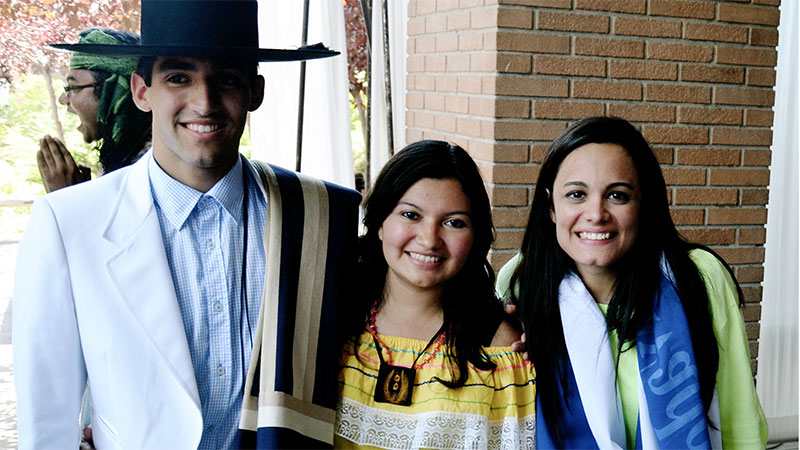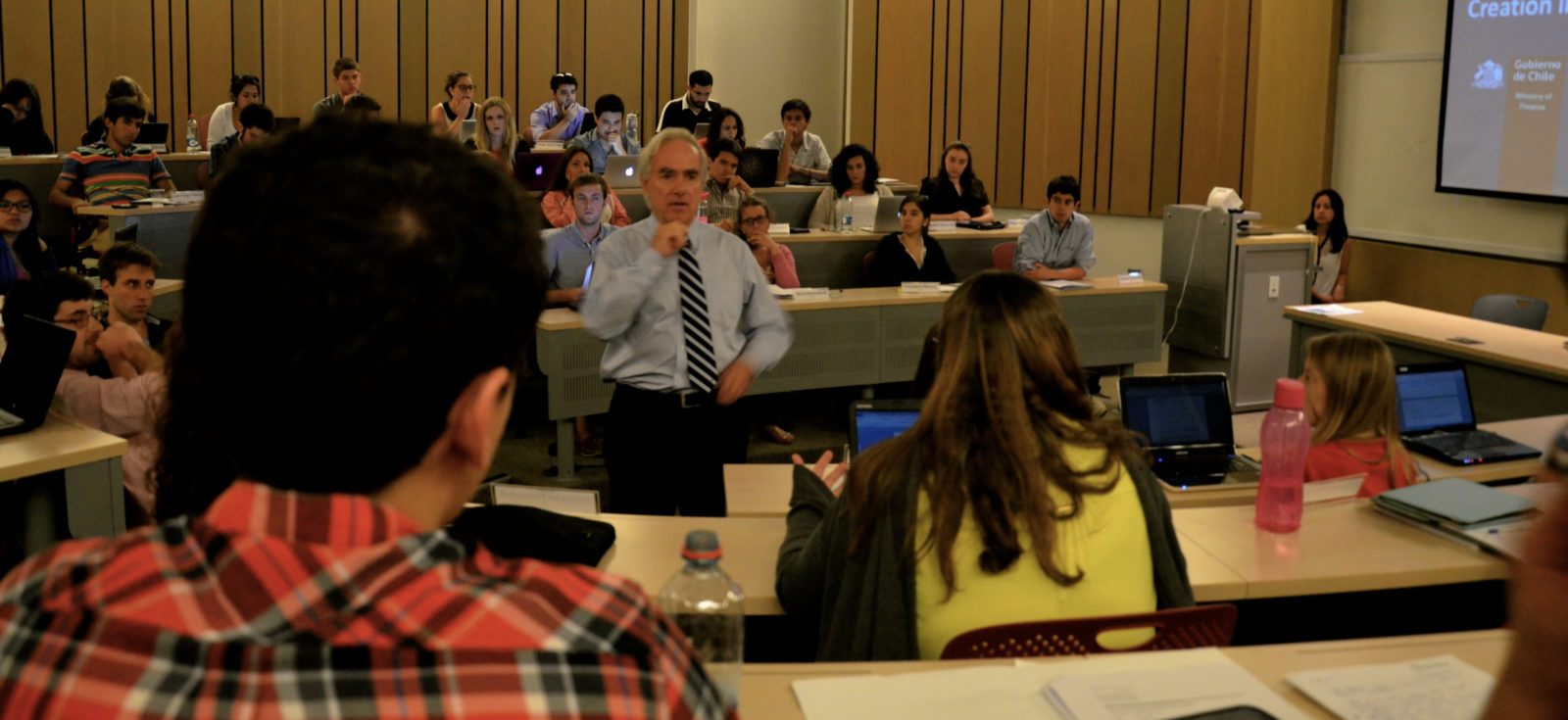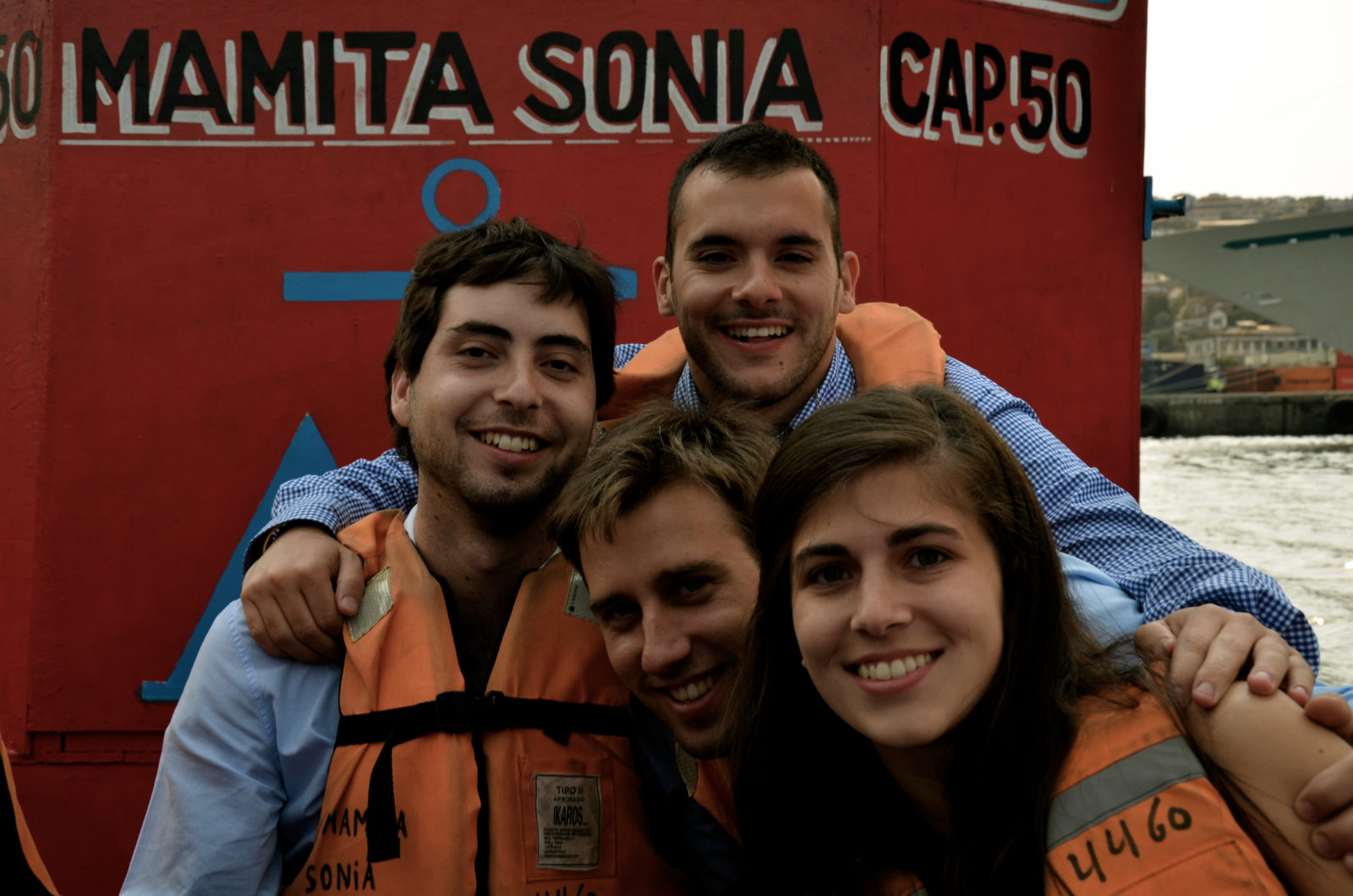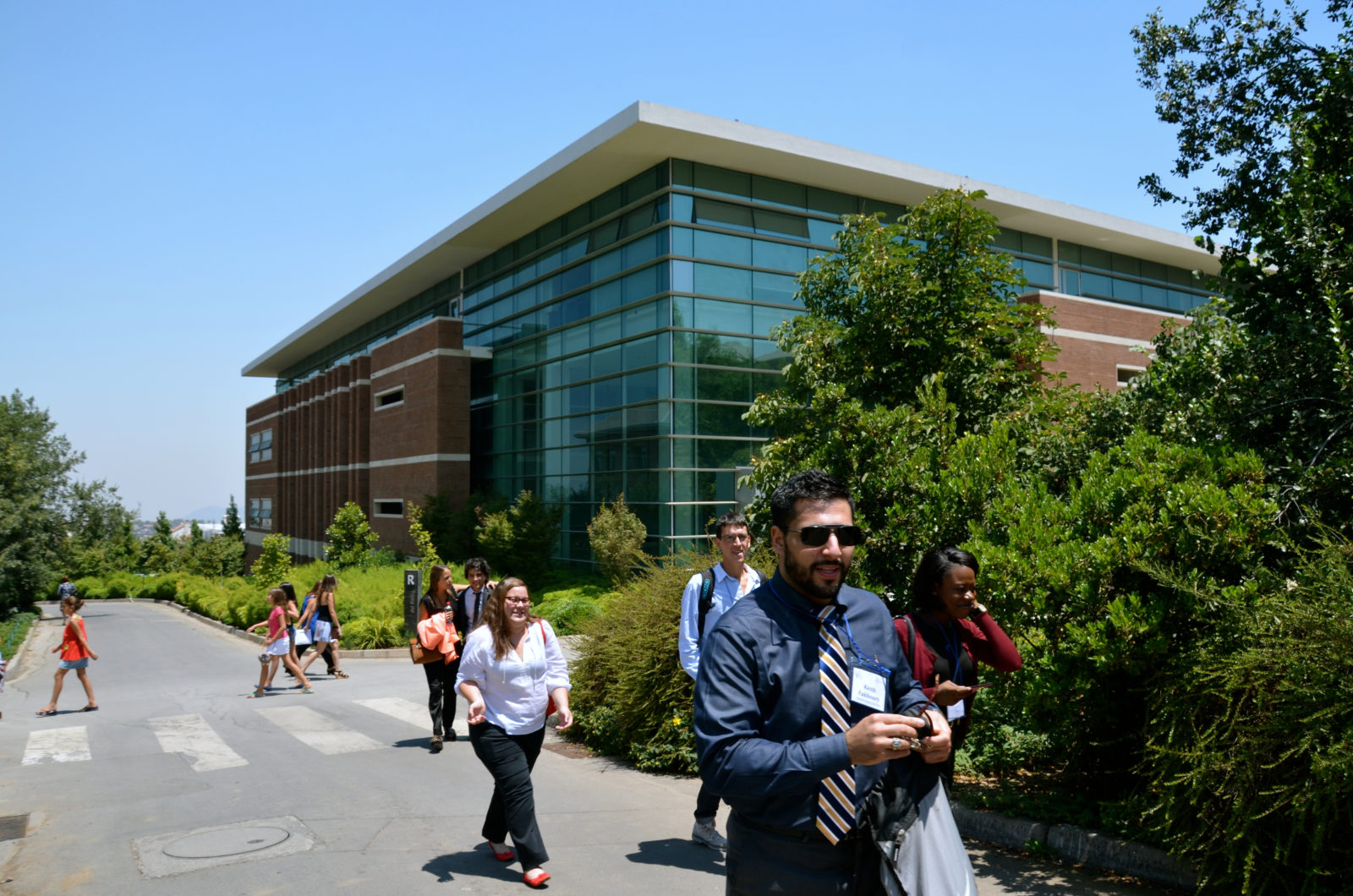
In January, 59 students representing more than 17 countries from around the world completed a two-week immersion in the Institute for Leadership in the Americas, in Santiago, Chile.

From Jan. 4-18, students learned about the economic underpinnings of the free enterprise system, studied with U.S. and Chilean professors and met some of the top policy makers in the country.
“ILA changed the way I understand philosophy, politics, economics and history,” wrote Argentinian student Desire Siguado (ILA 14). “I very much appreciate the financial help I received, and I am now prepared to help spread the ideas of freedom. I think this powerful experience affected the lives of my group mates and myself in a very positive way.”

Dr. Brad Thompson of Clemson University served as American faculty for the program, educating students about principles of capitalism and the U.S. Constitution. Chilean professors Juan Ignacio Brito,Ricardo Leiva, Florencia Larrain and Jaime Bellolio of the University of the Andes led students through the public policies that have made Chile a breakout economic power in Latin America.
American student Eli Richman (IPJ 12, ILA 14) felt he especially gained from dialogue with students from the countries that he previously studied.
“I have had many opportunities to learn in an academic context about the history or governments in Latin America, but never before have I had the opportunity to meet students from those countries and learn directly how these institutions and cultures affect their lives,” wrote Richman.

Outside of classes, students had the opportunity to meet with top political leaders and policy influencers. Students visited the Chilean Congress in Valparaiso, and attended a briefing with a congress member. The students also heard a guest lecture from Housing Minister Julio Dittborn, who showed how the opening of Chile’s economy has benefitted the country.
Many students ranked a guest lecture by one of the original “Chicago Boys,” José Piñera, as a highlight of the program. Pinera is the architect of Chile’s personalized pension system. He hosted a full-day class, giving a first-hand account about the country’s transition to democracy.
Students from surrounding Latin American countries had interesting comparisons to make after learning so much about Chile.
“I live in Venezuela, a country where the possibilities to live a good life are decreasing every day,” wrote student Gerardo Nuñez (ILA 14). “But after this program I sincerely hope to find a better future, thanks to the contacts and knowledge that I have gained during ILA, and I hope to develop myself to the standard of expectation of my peers from the program.”
For more information on the ILA program, visit: www.TFASinternational.org/ILA.

